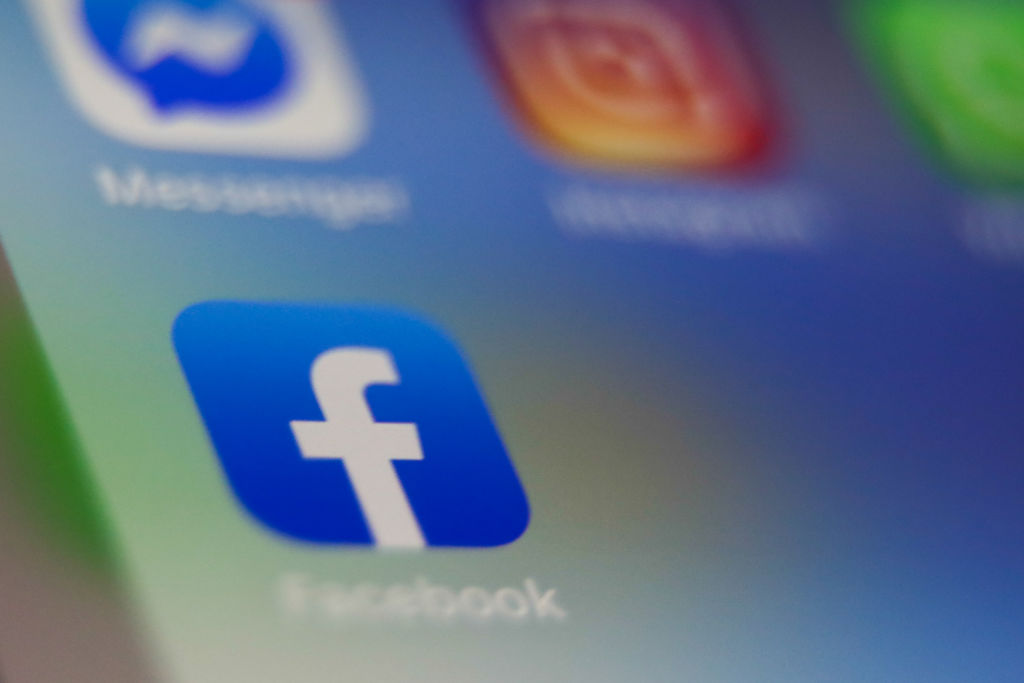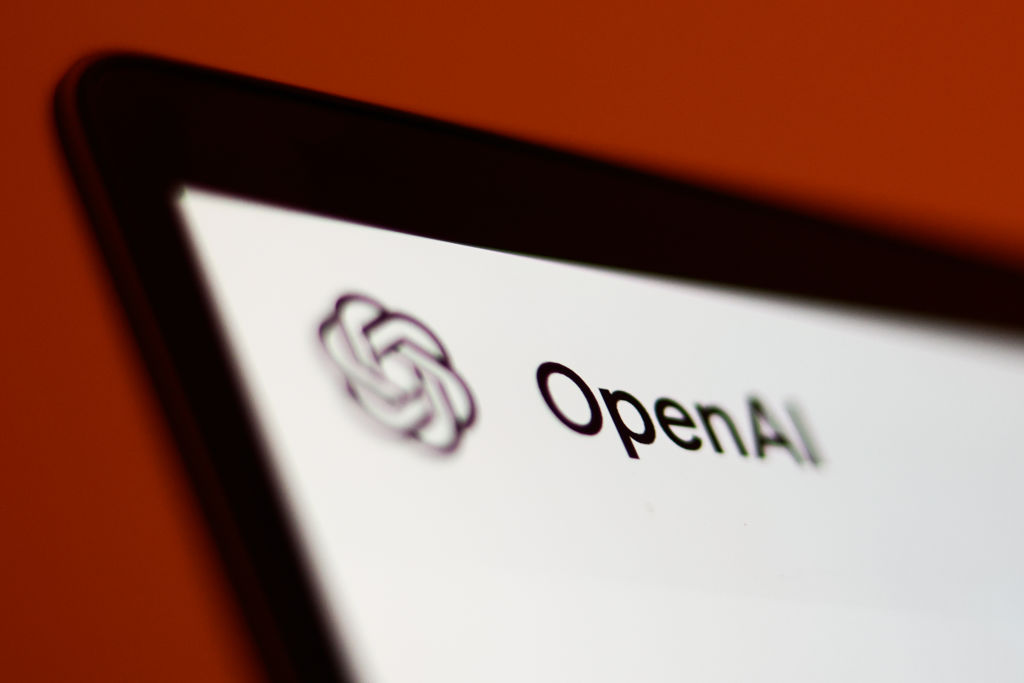Facebook Introduces Nicknames in Groups, Embracing Anonymity and Personalization
In a significant shift from its traditional real name policy, Facebook has unveiled a new feature allowing users to adopt nicknames within Facebook Groups. This development aims to enhance user engagement by offering a balance between anonymity and personal identity, reminiscent of platforms like Reddit and Discord.
Understanding the Nickname Feature
The newly introduced nickname functionality enables group members to post, comment, and react under a chosen alias, distinct from their real names. This approach provides an alternative to the existing anonymous posting option, which, while concealing the user’s identity, doesn’t allow for the development of a recognizable presence within the group. By using nicknames, members can maintain privacy while fostering a consistent and identifiable persona, facilitating deeper connections and ongoing interactions.
Implementation and User Experience
To utilize this feature, users can select the nickname option adjacent to the Post anonymously button when creating a post. Facebook offers suggested nicknames, but users have the flexibility to customize their alias, provided it adheres to the platform’s Community Standards and isn’t already in use within the group. Additionally, users can choose a profile picture and background color to accompany their nickname, further personalizing their group identity.
Once a nickname is set, all posts, comments, and reactions within that group will display the chosen alias. While the main profile and photo remain concealed from other group members, group administrators, moderators, and Facebook’s internal systems retain access to the user’s real identity. This ensures a level of accountability and oversight within the community.
Privacy and Moderation Considerations
The introduction of nicknames addresses the evolving dynamics of Facebook Groups, where interactions often extend beyond real-world acquaintances to include online connections. By allowing users to engage under an alias, Facebook acknowledges the need for privacy in these expanded social circles.
However, to maintain a safe and respectful environment, certain limitations accompany this feature. Users can change their nickname, but only once every two days. Importantly, altering a nickname doesn’t erase previous posts or comments; instead, the new alias retroactively applies to past interactions, ensuring continuity and accountability. This change may take some time to propagate across devices and groups.
Additionally, users with nicknames are restricted from accessing certain features, such as Live Video, content sharing, or private messaging, to prevent potential misuse. Members can also block others by their nickname, providing a mechanism to manage interactions within the group.
Administrative Control and Group Settings
The nickname feature is available globally but requires activation by group administrators. Admins can enable this functionality through the group’s settings, allowing them to tailor the group’s privacy and engagement levels to suit their community’s needs. This control ensures that the introduction of nicknames aligns with the group’s objectives and member preferences.
Broader Implications and Future Directions
Facebook’s adoption of nicknames signifies a strategic move to align more closely with platforms that prioritize user anonymity and personalized engagement, such as Reddit and Discord. This shift reflects an understanding of the diverse ways users wish to interact online, balancing the desire for privacy with the need for community and connection.
By integrating features that allow for pseudonymous participation, Facebook is expanding its appeal to users who prefer or require a degree of separation between their online and offline identities. This approach acknowledges the complexities of modern social interactions and the varying comfort levels users have with sharing personal information.
As Facebook continues to evolve, it will be essential to monitor how this feature impacts user engagement, group dynamics, and the overall health of online communities. The success of the nickname feature may pave the way for further innovations that prioritize user privacy and personalized interaction within the platform.
Conclusion
The introduction of nicknames in Facebook Groups marks a pivotal moment in the platform’s evolution, offering users a new way to engage with communities while maintaining a level of privacy. By providing this balance, Facebook aims to foster more meaningful interactions and cater to the diverse preferences of its global user base.



